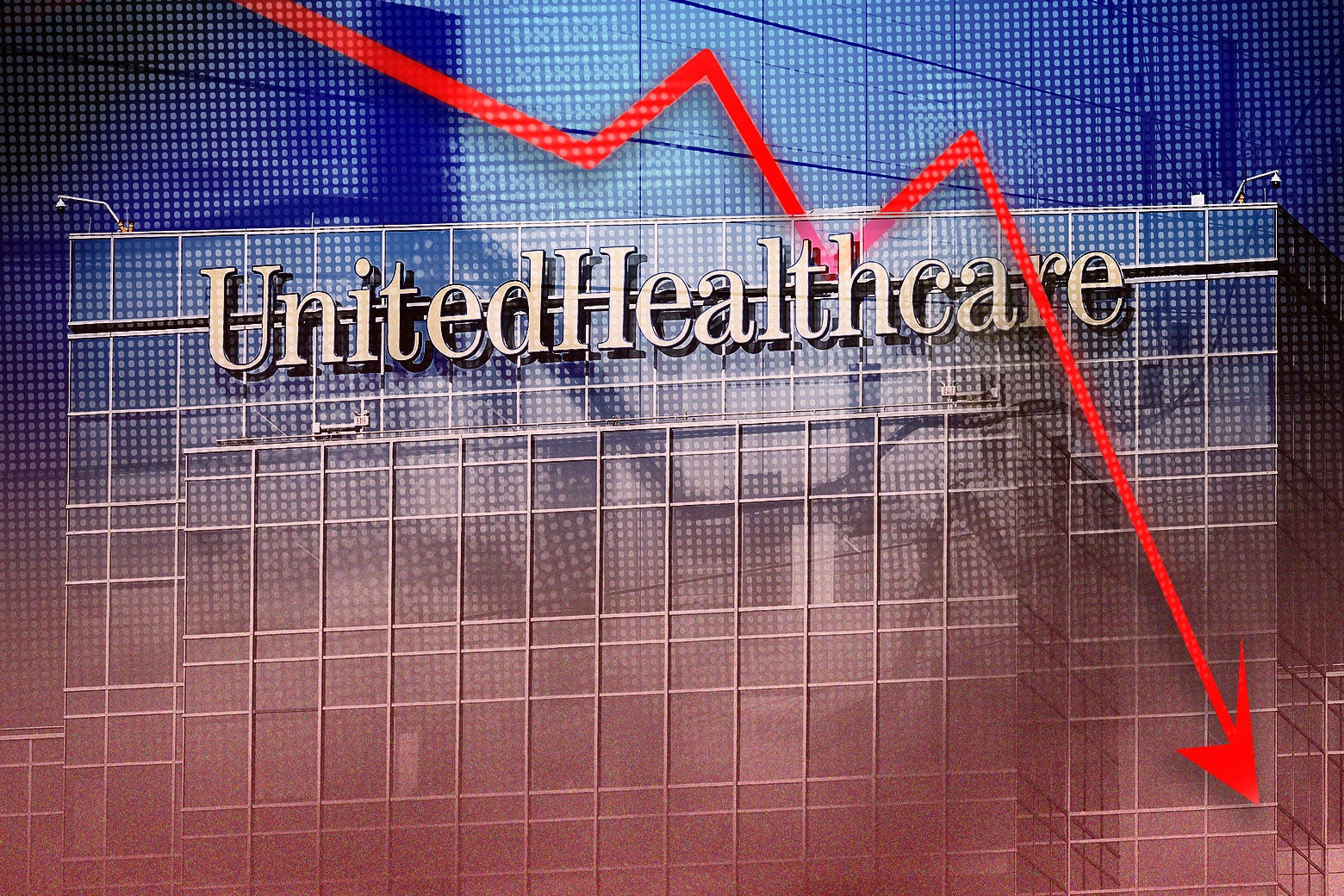UHC Stock: Volatility, Leadership Changes, and What Investors Need to Know
UnitedHealth Group (UHC) is often seen as a cornerstone of the U.S. healthcare sector, attracting investors seeking stability. Yet, the recent volatility in UHC stock and ongoing leadership changes have created uncertainty. This article explores the key events affecting UHC stock, what drives its recent performance, and how investors can approach risk in healthcare equities.

Recent Performance and Major Price Swings
UHC stock has experienced a sharp decline in recent months. The drop was triggered by multiple factors, including disappointing quarterly guidance and significant executive turnover. On May 13th, 2025, UHC stock fell over 17% in one day after the sudden resignation of CEO Andrew Witty. UnitedHealth also suspended its financial forecast for the year, amplifying investor concerns about the company’s ability to navigate ongoing industry challenges.
Notably, UHC's leadership shakeup follows the tragic shooting of UnitedHealthcare subsidiary CEO Brian Thompson. The company's response to these back-to-back events has led many analysts to reassess its outlook and risk profile. According to The Wall Street Journal, there are hopes that UnitedHealth's issues could remain isolated rather than signal systemic sector-wide trouble.
Factors Behind the Recent Slide
Several unique events have affected UHC stock. After UnitedHealth revised its earnings guidance in April 2025, shares dipped sharply. However, the underlying issues run deeper than a single disappointing quarter. Intense regulatory scrutiny, public relations challenges, and a Justice Department investigation have all weighed on the stock. Furthermore, public reactions to the New York shooting and subsequent media coverage added volatility.
Some media outlets point out that UHC stock reflects not just company-specific turmoil but broader frustrations with the U.S. healthcare system. Investor sentiment is influenced by negative headlines, ongoing legal risks, and questions about whether UnitedHealth’s business model will adapt to changing market demands.
Leadership Changes and the Path Forward
On May 13th, UnitedHealth Group announced that Stephen J. Hemsley would return as CEO. Hemsley is a seasoned executive who previously led the company from 2006 to 2017, and his leadership is expected to stabilize day-to-day operations. Investors will closely watch how the company handles its ongoing challenges and whether UHC stock can recover as leadership regains footing and clarifies its forward-looking strategy. For more details on the leadership shakeup, visit NBC News' coverage.
Investor Takeaways: How to Navigate UHC Stock
For investors, UHC stock remains a dominant player in the healthcare space, but recent events have exposed vulnerabilities. Here are a few things to consider:
- Assess short-term volatility versus long-term fundamentals.
- Monitor regulatory developments and public sentiment.
- Consider diversification across the healthcare sector to spread out risk.
Those who wish to further explore the impact of recent headline events on UHC stock can read Slate's analysis of the situation, which breaks down the company’s market position and the social context driving much of the turbulence.
Conclusion
The future of UHC stock will depend on how UnitedHealth navigates leadership transitions, regulatory scrutiny, and shifting public perceptions. Investors should stay informed and take a balanced approach, recognizing both the potential for recovery and ongoing risks. As the healthcare industry evolves, UHC stock offers a window into the challenges—and opportunities—that lie ahead.